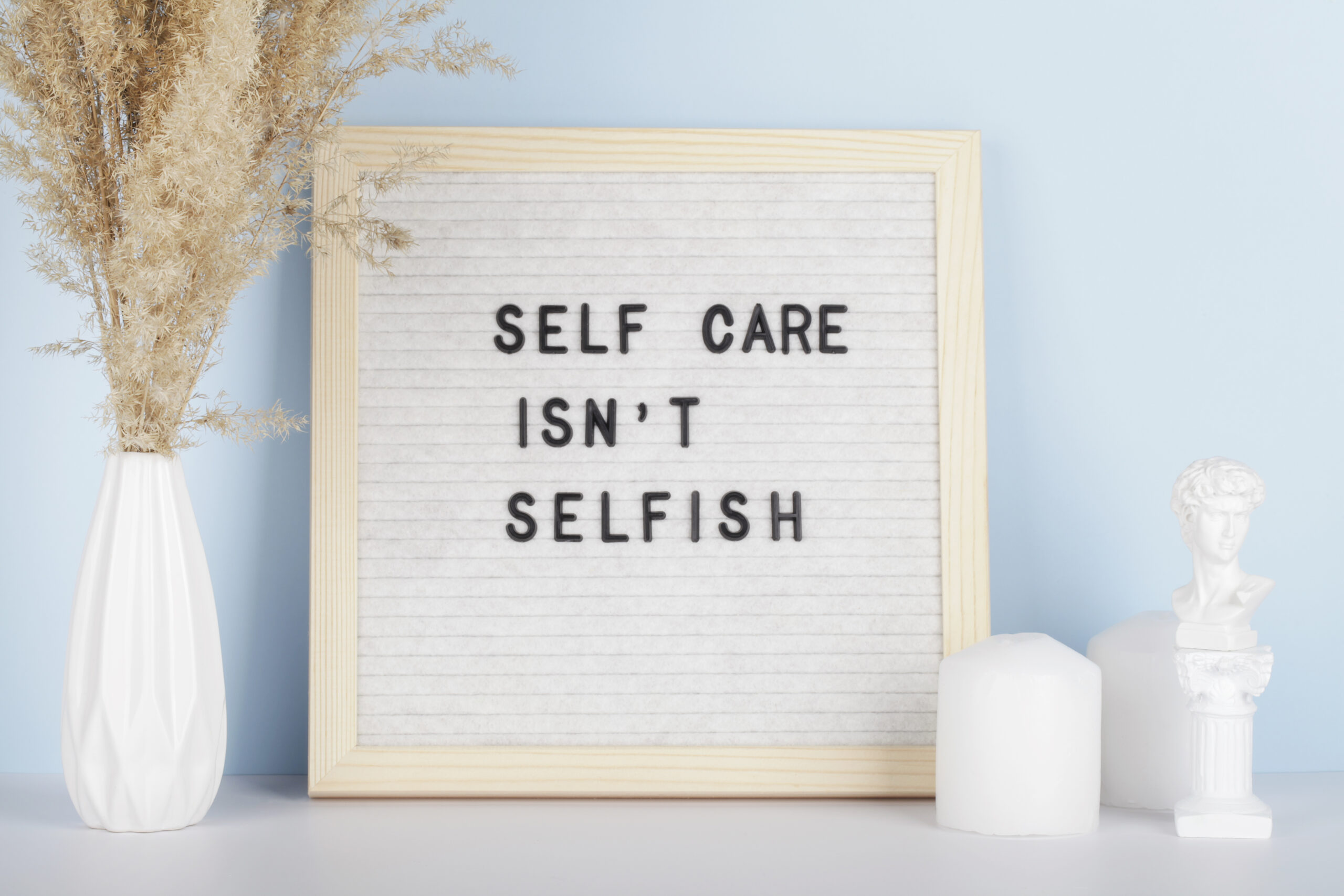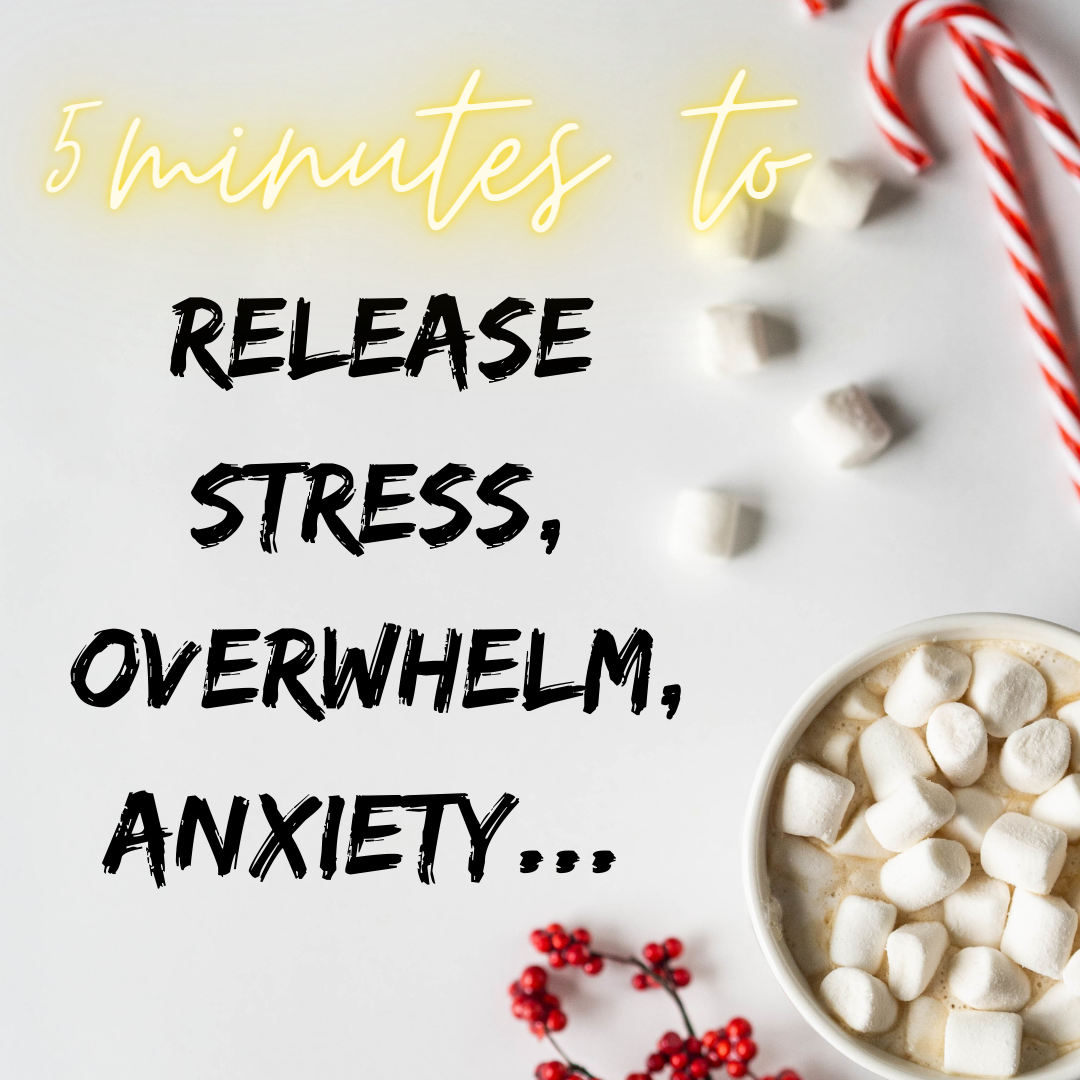Do you know that saying that if you don’t prioritise your life, then someone else will? Taking action and actually getting things done plays a major role in getting you closer to YOUR dreams and YOUR vision of what you want your life to look like. So in this episode we’re going to look at 5 tips for planning your week, so that you can get things done (especially the IMPORTANT stuff) and prioritise your life, your goals and your dreams.
WATCH THE VIDEO OR READ THE POST BELOW:
Planning your days and your weeks buys you time.
In no other circumstances can you ever BUY time, but if you take 10-15min every day and maybe half an hour every week to set goals and break them into tasks, you’re saving the time that you would otherwise spend going from one to-do to another (which might often feel like just putting out fires).
Instead, if you plan your days regularly, you’ll become focused on tasks that get you where YOU want to be going. You’ll feel like you’re in control much more. AND you’ll be saving time in the longer run, because with every week you’ll be getting closer to your dreams.
So here are my 5 best tips for planning your week to allow you to get things done like a pro!
Tip #1: Set weekly goals.
Setting any kind of bigger goals or resolutions can always be broken down into smaller tasks and milestones that need to be accomplished. Rome was not built in a day and neither do huge dreams become true overnight. (Although they can come true much sooner than you think right now possible.)
But to get to that point you need to take your bigger projects and break them down to what you can accomplish within a week. And then, each week, schedule a planning session with yourself and set your weekly goals. Divide them into tasks that can be accomplished within a day or less and assign those to days of the week when you’re going to get them done.
By doing so you’re not risking waking up on any day thinking ‘eh, I’ll just get to that big project later, I still have time’, because you’ll know what specific measurable task you need to get out of the way THAT DAY to move your project ahead and meet your overall deadline.
Tip #2: Create theme days.
Theme days are days when you do a few tasks of similar nature on the same day. So, for example, I have: writing days, days for training calls with clients, OR recording days.
(Like when I’m recording The Kat Bern Show, I create a few episodes in one day, because it’s much easier to stay in a recording mode and keep doing the same type of task when I’ve already got everything set up. Rather than, in this case, setting up the lighting and camera every week to record just one episode.)
It doesn’t have to be the same day each week and you don’t have to have each of your theme days every week either. But during the planning session (when you’re setting your weekly goals) look for things that you can batch and schedule your theme days into the calendar.
Tip #3: Use a planning app.
Use technology to help you stay organised. To plan my days and weeks and stay on top of my to-dos, I use a new app called Flocus (you can check it out here).
Flocus is the first app I found that allows me to both: plan my week in a calendar view, (so where you can see visually duration of a task in a day – it makes it easier to be realistic about how much you can get done in a day), but it also allows me to store all my ideas under different colour-coded projects in a to-do list view, so that I can keep adding new tasks and store them for later.
It’s basically a digital version of a paper system that I’ve had going for years and I am very happy that now I can just drag and drop my tasks, from a to-do list into a calendar view.
Tip #4: At the end of the day, plan your next day.
This one is especially important to help you use your first few hours of work productively, working on your most important tasks.
If you plan your day at the end of work on the previous day, when you’ll start working in the morning, you’ll know exactly where to go and what to do, eliminating any potential indecision. No more wondering whether you should attend to task A or task B first, before your first coffee even kicks in. You already have a plan, now you can put all of your energy into getting. it. done.
Tip #5: Under-plan, but over-deliver.
This is the one I’m still working on, but whenever I do implement this tip, I end up being more productive AND feeling better about my achievements.
It is infinitely better to plan less and accomplish everything (and have time left over for things that would then count as “extras”), rather than to over-schedule, not finish your tasks and then feel crappy about your productivity at the end of the day.
There is nothing more demotivating than seeing yourself not reach your specific goals on a daily basis. If you plan slightly less, allowing a buffer of time for unexpected tasks or events, you’ll be more likely to get all that you planned done, and so feel good about your work and stick to your system for good.
Wherever you might be on the scale of how organised and productive you feel right now, whether you feel like you could never ever become organised, OR if you have a planner, or a to-do list, but you don’t really use it to get things done AS efficiently as you’d like to, you can always get better at this. You just need to start from where you’re at.
Trust me, I was the messiest child you could imagine. You couldn’t even see my desk from under a pile of papers and all sorts of garbage lying on my desk (which were always a reminder of stuff I wanted to get done at some point). To now closing my laptop at the end of the day and leaving my office with laptop being the only thing on my desk and my next day’s goals and appointments scheduled in Flocus.
You really CAN change. AND, you don’t have to implement everything at once.
Which brings me to my questions: where on the scale from completely disorganised to having a great handle on your time management do YOU fall? (On a scale from 1 to 10.) And which one of those five tips will you implement first, to get you started and more productive beginning with where you’re at right now? I would really love to hear from you, so leave a comment below.
That’s all for today. Share this episode and this blog post with your friends with the the social media button of your choice, so that they too can organise their days and weeks to get things done.
For more inspiring videos and articles to help you make YOUR dreams come true, leave your name and email below this post to get weekly notes from me directly to your inbox.
Thank you for watching and see you next week!








Hey Kat, excellent blog post! :) Thanks for sharing Flocus, too.
There’s one little thought that came to my mind when reading your advice re: “[…] use your first few hours of work productively, working on your most important tasks.”
Personally, I also prioritize my tasks based on the mental energy they require. Meaning, that I am trying to schedule my MENTALLY MOST DEMANDING tasks first. Simply because they require my utmost brain power – and my brain is the freshest in the morning.
Important tasks however can also have a low energy requirement. For instance, I prefer to create new designs in the evenings. Those designs are super-important to me. But I don’t need to be 100% fresh anymore. They require less mental energy.
I hope that makes sense. :)
You know what, Tobias? Thank you for this comment. This was exactly what I meant (other than when sometimes you MUST do something else due to an upcoming deadline ;)) But that’s how I do it too, so thanks for adding this to the conversation.
I sometimes feel like I could talk and talk in those videos, but at the same time I don’t want to make them too long and too overwhelming. But your point is exactly right. Some things are very important but don’t require such intense focus/mental energy. Starting from those things that do require that energy (and therefore we tend to procrastinate on those) is a great strategy.
Love this post – I have to say I really love creating my to do list the day before I have to dive into actioning them. It saves so much time and I am far more productive when it comes time to sit down and do it.
Thank you Lizzie :) And YES, this took me some time to truly implement, but planning your day the day before is a game-changer. You start your day with a completely different energy then!